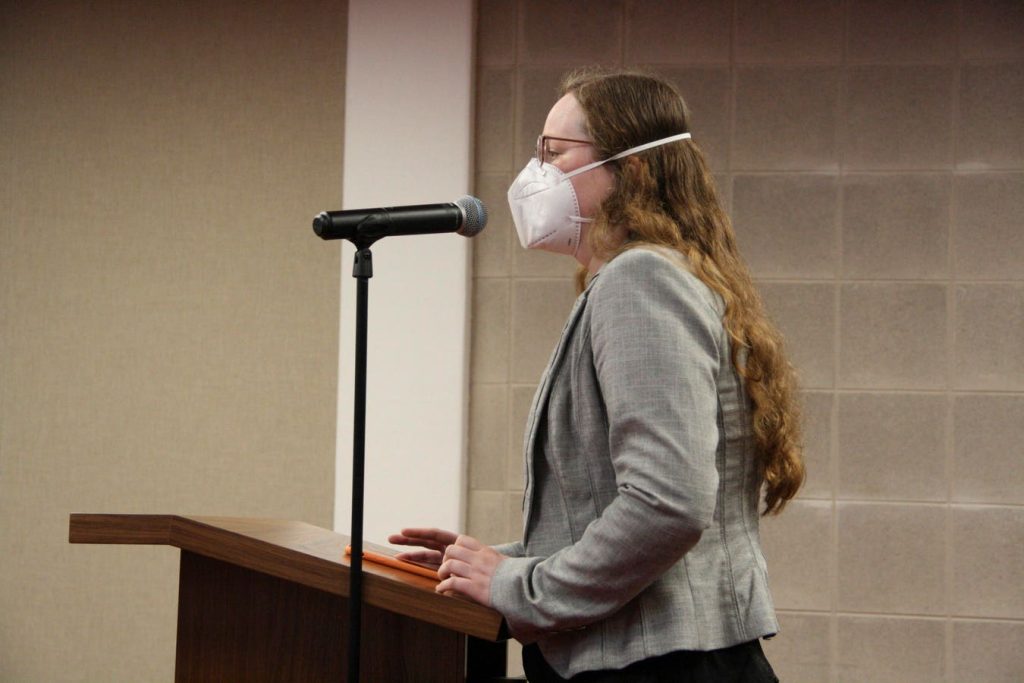The North Carolina State Senate recently passed a bill prohibiting the wearing of masks in public, a move that has sparked controversy and debate. The bill, which repeals an exception to old anti-mask laws enacted during the pandemic, is seen by Republican supporters as a means to crack down on protesters, particularly those supporting Palestine, who they accuse of abusing Covid-19 safety practices to hide their identities. The proposed law also includes provisions to elevate the classification of misdemeanors or felonies by one level if a person is arrested for protesting while masked.
Democrats in North Carolina and others have raised concerns about the bill, particularly for those who may have legitimate health reasons for wearing masks, such as cancer patients undergoing treatment or individuals with asthma. The bill may also impact individuals seeking protection from exposure to pollutants, smoke, or pathogens like Covid-19 and influenza. The proposed ban includes exemptions for Halloween, certain types of work, and permits for members of secret societies or organizations to wear masks during parades or demonstrations.
Critics of the bill, including former Surgeon General Jerome Adams, have expressed concern that immunocompromised individuals and cancer patients could be deemed criminals for following medical advice aimed at safeguarding their health. The American Civil Liberties Union argues that the law unfairly targets protesters who wear face coverings during demonstrations, particularly those protesting the war in Gaza. Legal experts suggest that the constitutionality of the ban could spark a debate similar to the one seen during the pandemic when mask mandates were challenged on constitutional grounds.
The bill will now move to the House for the next vote before potentially reaching Governor Roy Cooper’s desk. Cooper, a Democrat, is likely to veto the legislation, but the North Carolina Republican Party holds a supermajority and can override a possible veto. The ban on masks in public spaces has reignited discussions about freedom of choice and the right to protect oneself, raising questions about the impact on individuals with health concerns or those seeking protection from environmental hazards. As the bill progresses through the legislative process, it remains to be seen how the debate over the ban on masks in North Carolina will unfold.


